Top Class Actions’s website and social media posts use affiliate links. If you make a purchase using such links, we may receive a commission, but it will not result in any additional charges to you. Please review our Affiliate Link Disclosure for more information.
According to a recent CBC report, Prime Minister Justin Trudeau has suggested that using smartphone data to ensure that people are restricting their movements may be a part of Canada’s COVID-19 response.
Wireless tracking and other measures recently implemented by a number of provinces raises privacy concerns, according to experts who say that Canadians should be vigilant to ensure that these measures are transparent and limited to the COVID-19 response. For their part, some government representatives say that loosening privacy restrictions may be a way for the country to more effectively combat the spread of the virus and restart the economy.
Alberta Implements Smartphone Tracking to Enforce Quarantine
As a part of Alberta’s COVID-19 response, Premier Jason Kenny has announced the limited use of smartphones to track those who have been placed under quarantine, reports the CBC.
While speaking to the province’s legislature recently, Kenny outlined the example of a person from a country with a high rate of coronavirus infection flying to Alberta. He said that the use of wireless or smartphone app would ensure that the person goes and stays home to reduce the chances of transmission. “And, if not,” said the Premier, “we can deal with that individual before they spread the virus.
Privacy experts told CBC News that these measures should come with clear limitations, like an end date, as well as reasons backing them up.
“[Canadians] would be … much more inclined to trust these privacy-invasive measures if they had some certainty that these temporary measures would have a finite end,” Sharon Polsky the president of the Privacy and Access Council of Canada told CBC reporters.
Polsky recommended Alberta and other government bodies considering wireless or smartphone tracking as a part of their COVID-19 response include clear information about the collection of that information, including who will be responsible for collecting it, details about the storage of that information, as well as who will be able to access the data.
“Without that level of openness, people rightfully are distrusting,” Polsky added.
CBC reports that the governments in western provinces were initially quick to deride similar measures implemented in China as a part of their COVID-19 response. However, with infection numbers climbing and provincial economies grinding to a halt, Alberta’s government is now considering this type of monitoring as a part of a successful COVID-19 response.
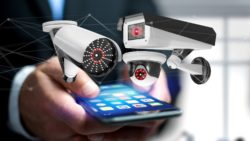
As a part of his statement to the legislature, Kenney also detailed other pieces of Alberta’s COVID-19 response. These measures include continuing the limit on numbers of people who can attend public gatherings, the introduction of mass testing, and additional practices to trace sources of coronavirus.
B.C. Lifts Privacy Restrictions on Public Workers
The province of British Columbia has reportedly modified privacy restrictions applying to teachers, healthcare workers, and others employed by public agencies as a part of its COVID-19 response.
According to the Powell River Peak, these workers are usually restricted regarding the use of digital technology tools. For one, information collected by these agencies is generally required to be kept in Canada. However, government officials say that public workers must be able to use additional technologies that don’t necessarily meet this criteria to respond to the current pandemic situation.
B.C. ‘s information and privacy commissioner explained that residents of the province who are in self isolation may need expanded access to these technologies to get vital information to public workers. In an example emailed to the Powell River Peak, the commissioner outlined a situation where someone in isolation may only know how to use one type of smartphone app to communicate to a public health nurse.
In addition, the province wants to open up digital tools to educational institutions under certain conditions. This would mean teachers and universities would be able to use more digital platforms to communicate with students, including sending lesson plans and hosting online classes.
The commissioner cautioned that these agencies should take care to ensure they know the terms of the third-party applications that they plan to use and act accordingly. For example, healthcare workers should take care to delete patient messages containing personal information on certain applications. Teachers should be sure that, if they are sharing lesson plans online, that they talk with students about information they should share using the application.
The commissioner noted that the loosening of these restrictions are a part of temporary measures related to the province’s COVID-19 response. However, some privacy experts are concerned about potential fallout, including what Canadians can do if their information is a part of a data breach in another country.
What do you think of plans to limit or reduce Canadians’ privacy rights as a part of a COVID-19 response? Necessary or troubling? Tell us your opinion in the comment section below.
Read More Lawsuit & Settlement News:
Canada’s Guide to Coronavirus Outbreak Legal Issues
Canadian Armed Forces Veterans Set to File Lawsuits Against Mefloquine
Insurers Refusing to Pay Businesses for COVID-19 Related Losses Hit With Class Action
Canada’s Competition Bureau Cracks Down on Price Fixing Amid Coronavirus Pandemic
ATTORNEY ADVERTISING
Top Class Actions is a Proud Member of the American Bar Association
LEGAL INFORMATION IS NOT LEGAL ADVICE
Top Class Actions Legal Statement
©2008 – 2024 Top Class Actions® LLC
Various Trademarks held by their respective owners
This website is not intended for viewing or usage by European Union citizens.

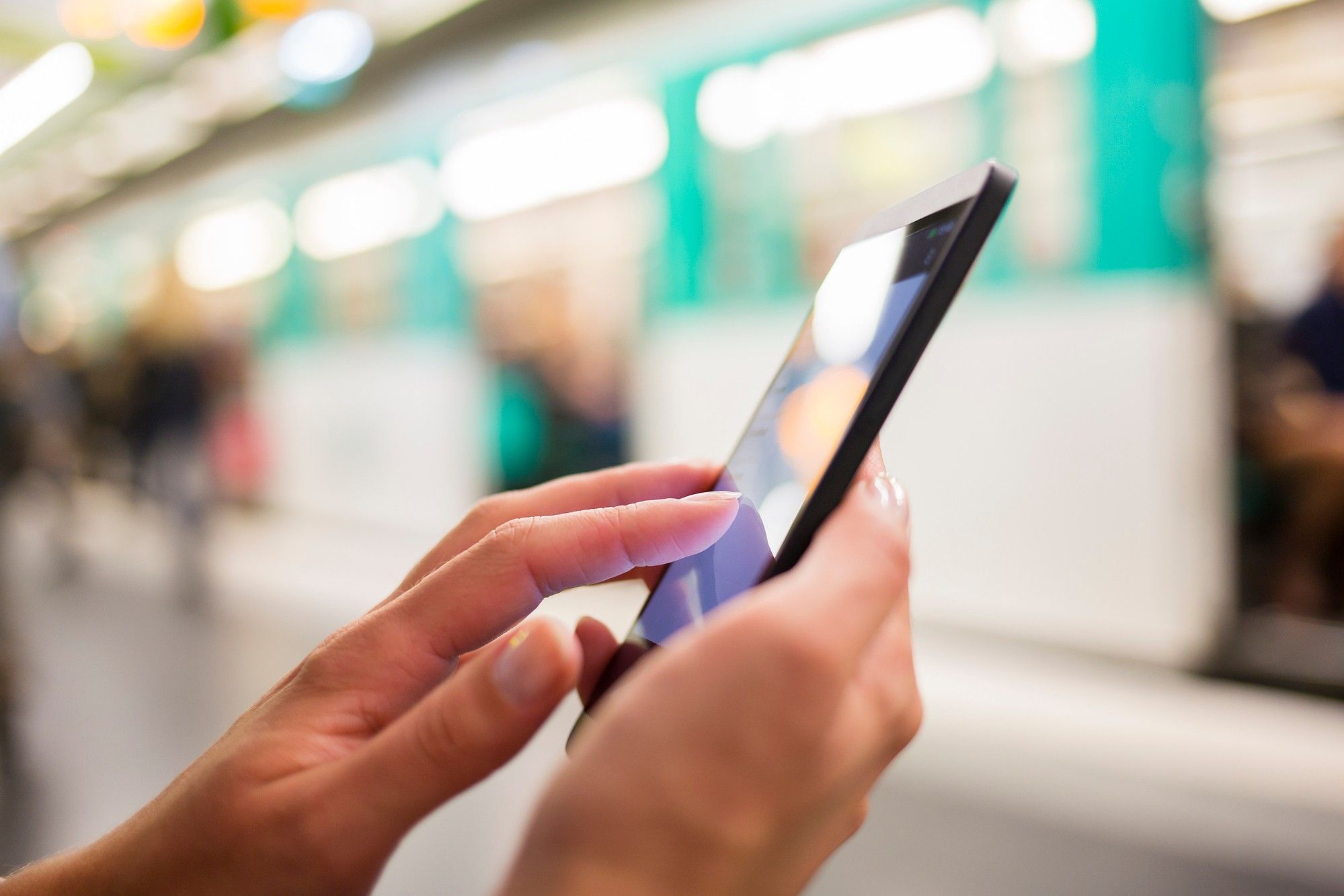



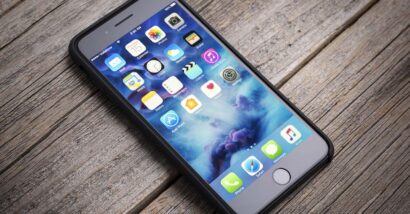
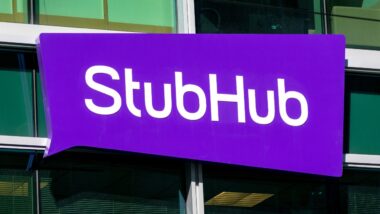
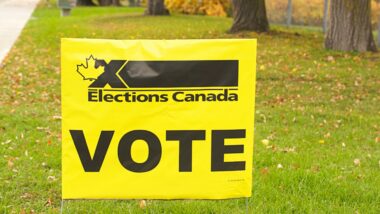
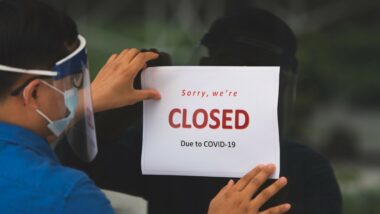
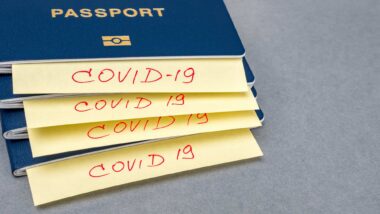
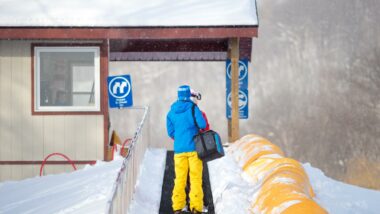

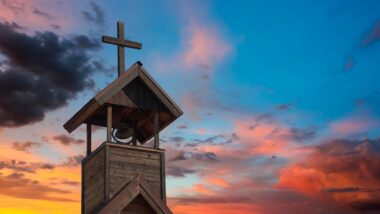
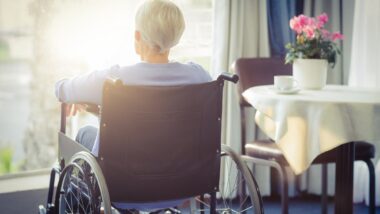
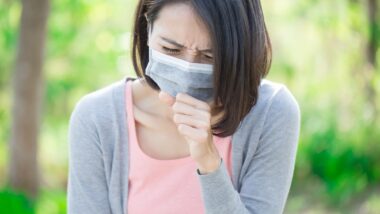
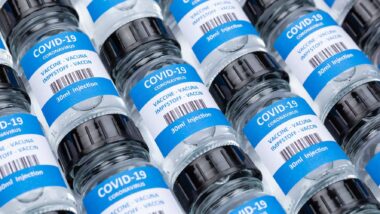
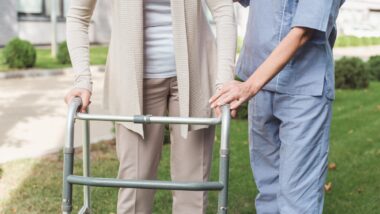
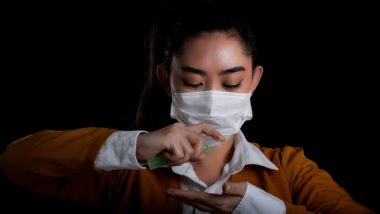
One thought on Privacy Concerns Raised in Canada’s COVID-19 Response
Troublant ses perdre tout notre liberté